#2023 Canadian wildfires
Explore tagged Tumblr posts
Text
Bad news for moose-dogs, bird-barking dogs, squirrel dogs, bay dogs and other kind of dogs out there. Especially since so many U.Sian are downwind of the wildfires up north.
Article is open access under Creative Commons Attribution – NonCommercial – NoDerivs (CC BY-NC-ND 4.0). You should be safe to share the PDF in Facebook groups and such.
#wildfire#2023 Alberta wildfires#2023 Canadian wildfires#2023 Nova Scotia wildfires#2023 Central Canada wildfires#wildfire smoke#air pollution#vocal changes#open access#CC BY-NC-ND
4 notes
·
View notes
Text
“It’s bad, but it’s not as bad as we had it, but it’s bad,” said Anthony Wexler, director of the Air Quality Research Center at UC Davis.
What the fuck kinda dystopian dick-measuring contest is this? Canada is on fire!
#2023 canadian wildfires#am i pleased we won?#weirdly yes#congrats to me on the effects of western land management practices and my role in settler colonialism#we did it guys
2 notes
·
View notes
Text
Rather than creating hand-washing rules for restaurant kitchens, we should let restaurateurs decide whether it's economically rational to make us shit ourselves to death. The ones that choose poorly will get bad online reviews and people will "vote with their dollars" for the good restaurants
.
Regulation is corruptible, but it need not be corrupt
.
Google and Apple and Meta … claim that a bunch of eminently possible things are impossible. Apple claims that it's impossible to have a secure device where you get to decide which software you want to use and where publishers aren't deprive of 30 cents on every dollar you spend. Google says it's impossible to search the web without being comprehensively, nonconsensually spied upon from asshole to appetite. Meta insists that it's impossible to have digital social relationship without having your friendships surveilled and commodified
.
We can have nice things … The truth is knowable. Doing stuff is possible. Things don't have to be on fire. (quoted from above)
.
Great explanation of how neoliberalism keeps the Overton window small, so the real solutions we need don't become part of the conversation. (comment courtesy of @fr-economics)
Greenwashing set Canada on fire
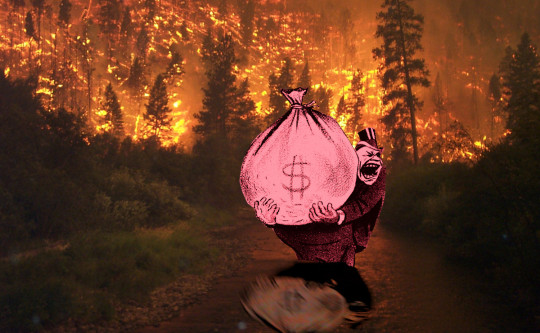
On September 22, I'm (virtually) presenting at the DIG Festival in Modena, Italy. On September 27, I'll be at Chevalier's Books in Los Angeles with Brian Merchant for a joint launch for my new book The Internet Con and his new book, Blood in the Machine.

As a teenager growing up in Ontario, I always envied the kids who spent their summers tree planting; they'd come back from the bush in September, insect-chewed and leathery, with new muscle, incredible stories, thousands of dollars, and a glow imparted by the knowledge that they'd made a new forest with their own blistered hands.
I was too unathletic to follow them into the bush, but I spent my summers doing my bit, ringing doorbells for Greenpeace to get my neighbours fired up about the Canadian pulp-and-paper industry, which wasn't merely clear-cutting our old-growth forests – it was also poisoning the Great Lakes system with PCBs, threatening us all.
At the time, I thought of tree-planting as a small victory – sure, our homegrown, rapacious, extractive industry was able to pollute with impunity, but at least the government had reined them in on forests, forcing them to pay my pals to spend their summers replacing the forests they'd fed into their mills.
I was wrong. Last summer's Canadian wildfires blanketed the whole east coast and midwest in choking smoke as millions of trees burned and millions of tons of CO2 were sent into the atmosphere. Those wildfires weren't just an effect of the climate emergency: they were made far worse by all those trees planted by my pals in the eighties and nineties.
Writing in the New York Times, novelist Claire Cameron describes her own teen years working in the bush, planting row after row of black spruces, precisely spaced at six-foot intervals:
https://www.nytimes.com/2023/09/15/opinion/wildfires-treeplanting-timebomb.html
Cameron's summer job was funded by the logging industry, whose self-pegulated, self-assigned "penalty" for clearcutting diverse forests of spruce, pine and aspen was to pay teenagers to create a tree farm, at nine cents per sapling (minus camp costs).
Black spruces are made to burn, filled with flammable sap and equipped with resin-filled cones that rely on fire, only opening and dropping seeds when they're heated. They're so flammable that firefighters call them "gas on a stick."
Cameron and her friends planted under brutal conditions: working long hours in blowlamp heat and dripping wet bulb humidity, amidst clouds of stinging insects, fingers blistered and muscles aching. But when they hit rock bottom and were ready to quit, they'd encourage one another with a rallying cry: "Let's go make a forest!"
Planting neat rows of black spruces was great for the logging industry: the even spacing guaranteed that when the trees matured, they could be easily reaped, with ample space between each near-identical tree for massive shears to operate. But that same monocropped, evenly spaced "forest" was also optimized to burn.
It burned.
The climate emergency's frequent droughts turn black spruces into "something closer to a blowtorch." The "pines in lines" approach to reforesting was an act of sabotage, not remediation. Black spruces are thirsty, and they absorb the water that moss needs to thrive, producing "kindling in the place of fire retardant."
Cameron's column concludes with this heartbreaking line: "Now when I think of that summer, I don’t think that I was planting trees at all. I was planting thousands of blowtorches a day."
The logging industry committed a triple crime. First, they stole our old-growth forests. Next, they (literally) planted a time-bomb across Ontario's north. Finally, they stole the idealism of people who genuinely cared about the environment. They taught a generation that resistance is futile, that anything you do to make a better future is a scam, and you're a sucker for falling for it. They planted nihilism with every tree.
That scam never ended. Today, we're sold carbon offsets, a modern Papal indulgence. We are told that if we pay the finance sector, they can absolve us for our climate sins. Carbon offsets are a scam, a market for lemons. The "offset" you buy might be a generated by a fake charity like the Nature Conservancy, who use well-intentioned donations to buy up wildlife reserves that can't be logged, which are then converted into carbon credits by promising not to log them:
https://pluralistic.net/2020/12/12/fairy-use-tale/#greenwashing
The credit-card company that promises to plant trees every time you use your card? They combine false promises, deceptive advertising, and legal threats against critics to convince you that you're saving the planet by shopping:
https://pluralistic.net/2021/11/17/do-well-do-good-do-nothing/#greenwashing
The carbon offset world is full of scams. The carbon offset that made the thing you bought into a "net zero" product? It might be a forest that already burned:
https://pluralistic.net/2022/03/11/a-market-for-flaming-lemons/#money-for-nothing
The only reason we have carbon offsets is that market cultists have spent forty years convincing us that actual regulation is impossible. In the neoliberal learned helplessness mind-palace, there's no way to simply say, "You may not log old-growth forests." Rather, we have to say, "We will 'align your incentives' by making you replace those forests."
The Climate Ad Project's "Murder Offsets" video deftly punctures this bubble. In it, a detective points his finger at the man who committed the locked-room murder in the isolated mansion. The murderer cheerfully admits that he did it, but produces a "murder offset," which allowed him to pay someone else not to commit a murder, using market-based price-discovery mechanisms to put a dollar-figure on the true worth of a murder, which he duly paid, making his kill absolutely fine:
https://pluralistic.net/2021/04/14/for-sale-green-indulgences/#killer-analogy
What's the alternative to murder offsets/carbon credits? We could ask our expert regulators to decide which carbon intensive activities are necessary and which ones aren't, and ban the unnecessary ones. We could ask those regulators to devise remediation programs that actually work. After all, there are plenty of forests that have already been clearcut, plenty that have burned. It would be nice to know how we can plant new forests there that aren't "thousands of blowtorches."
If that sounds implausible to you, then you've gotten trapped in the neoliberal mind-palace.
The term "regulatory capture" was popularized by far-right Chicago School economists who were promoting "public choice theory." In their telling, regulatory capture is inevitable, because companies will spend whatever it takes to get the government to pass laws making what they do legal, and making competing with them into a crime:
https://pluralistic.net/2022/06/13/public-choice/#ajit-pai-still-terrible
This is true, as far as it goes. Capitalists hate capitalism, and if an "entrepreneur" can make it illegal to compete with him, he will. But while this is a reasonable starting-point, the place that Public Choice Theory weirdos get to next is bonkers. They say that since corporations will always seek to capture their regulators, we should abolish regulators.
They say that it's impossible for good regulations to exist, and therefore the only regulation that is even possible is to let businesses do whatever they want and wait for the invisible hand to sweep away the bad companies. Rather than creating hand-washing rules for restaurant kitchens, we should let restaurateurs decide whether it's economically rational to make us shit ourselves to death. The ones that choose poorly will get bad online reviews and people will "vote with their dollars" for the good restaurants.
And if the online review site decides to sell "reputation management" to restaurants that get bad reviews? Well, soon the public will learn that the review site can't be trusted and they'll take their business elsewhere. No regulation needed! Unleash the innovators! Set the job-creators free!
This is the Ur-nihilism from which all the other nihilism springs. It contends that the regulations we have – the ones that keep our buildings from falling down on our heads, that keep our groceries from poisoning us, that keep our cars from exploding on impact – are either illusory, or perhaps the forgotten art of a lost civilization. Making good regulations is like embalming Pharaohs, something the ancients practiced in mist-shrouded, unrecoverable antiquity – and that may not have happened at all.
Regulation is corruptible, but it need not be corrupt. Regulation, like science, is a process of neutrally adjudicated, adversarial peer-review. In a robust regulatory process, multiple parties respond to a fact-intensive question – "what alloys and other properties make a reinforced steel joist structurally sound?" – with a mix of robust evidence and self-serving bullshit and then proceed to sort the two by pantsing each other, pointing out one another's lies.
The regulator, an independent expert with no conflicts of interest, sorts through the claims and counterclaims and makes a rule, showing their workings and leaving the door open to revisiting the rule based on new evidence or challenges to the evidence presented.
But when an industry becomes concentrated, it becomes unregulatable. 100 small and medium-sized companies will squabble. They'll struggle to come up with a common lie. There will always be defectors in their midst. Their conduct will be legible to external experts, who will be able to spot the self-serving BS.
But let that industry dwindle to a handful of giant companies, let them shrink to a number that will fit around a boardroom table, and they will sit down at a table and agree on a cozy arrangement that fucks us all over to their benefit. They will become so inbred that the only people who understand how they work will be their own insiders, and so top regulators will be drawn from their own number and be hopelessly conflicted.
When the corporate sector takes over, regulatory capture is inevitable. But corporate takeover isn't inevitable. We can – and have, and will again – fight corporate power, with antitrust law, with unions, and with consumer rights groups. Knowing things is possible. It simply requires that we keep the entities that profit by our confusion poor and thus weak.
The thing is, corporations don't always lie about regulations. Take the fight over working encryption, which – once again – the UK government is trying to ban:
https://www.theguardian.com/technology/2023/feb/24/signal-app-warns-it-will-quit-uk-if-law-weakens-end-to-end-encryption
Advocates for criminalising working encryption insist that the claims that this is impossible are the same kind of self-serving nonsense as claims that banning clearcutting of old-growth forests is impossible:
https://twitter.com/JimBethell/status/1699339739042599276
They say that when technologists say, "We can't make an encryption system that keeps bad guys out but lets good guys in," that they are being lazy and unimaginative. "I have faith in you geeks," they said. "Go nerd harder! You'll figure it out."
Google and Apple and Meta say that selectively breakable encryption is impossible. But they also claim that a bunch of eminently possible things are impossible. Apple claims that it's impossible to have a secure device where you get to decide which software you want to use and where publishers aren't deprive of 30 cents on every dollar you spend. Google says it's impossible to search the web without being comprehensively, nonconsensually spied upon from asshole to appetite. Meta insists that it's impossible to have digital social relationship without having your friendships surveilled and commodified.
While they're not lying about encryption, they are lying about these other things, and sorting out the lies from the truth is the job of regulators, but that job is nearly impossible thanks to the fact that everyone who runs a large online service tells the same lies – and the regulators themselves are alumni of the industry's upper eschelons.
Logging companies know a lot about forests. When we ask, "What is the best way to remediate our forests," the companies may well have useful things to say. But those useful things will be mixed with actively harmful lies. The carefully cultivated incompetence of our regulators means that they can't tell the difference.
Conspiratorialism is characterized as a problem of what people believe, but the true roots of conspiracy belief isn't what we believe, it's how we decide what to believe. It's not beliefs, it's epistemology.
Because most of us aren't qualified to sort good reforesting programs from bad ones. And even if we are, we're probably not also well-versed enough in cryptography to sort credible claims about encryption from wishful thinking. And even if we're capable of making that determination, we're not experts in food hygiene or structural engineering.
Daily life in the 21st century means resolving a thousand life-or-death technical questions every day. Our regulators – corrupted by literally out-of-control corporations – are no longer reliable sources of ground truth on these questions. The resulting epistemological chaos is a cancer that gnaws away at our resolve to do anything about it. It is a festering pool where nihilism outbreaks are incubated.
The liberal response to conspiratorialism is mockery. In her new book Doppelganger, Naomi Klein tells of how right-wing surveillance fearmongering about QR-code "vaccine passports" was dismissed with a glib, "Wait until they hear about cellphones!"
https://pluralistic.net/2023/09/05/not-that-naomi/#if-the-naomi-be-klein-youre-doing-just-fine
But as Klein points out, it's not good that our cellphones invade our privacy in the way that right-wing conspiracists thought that vaccine passports might. The nihilism of liberalism – which insists that things can't be changed except through market "solutions" – leads us to despair.
By contrast, leftism – a muscular belief in democratic, publicly run planning and action – offers a tonic to nihilism. We don't have to let logging companies decide whether a forest can be cut, or what should be planted when it is. We can have nice things. The art of finding out what's true or prudent didn't die with the Reagan Revolution (or the discount Canadian version, the Mulroney Malaise). The truth is knowable. Doing stuff is possible. Things don't have to be on fire.



If you'd like an essay-formatted version of this post to read or share, here's a link to it on pluralistic.net, my surveillance-free, ad-free, tracker-free blog:
https://pluralistic.net/2023/09/16/murder-offsets/#pulped-and-papered
#long#i quote#i copy notes#i ramble in the tags#greenwashing#capitalism#2023 Canadian wildfires#canada#reforestation#deforestation#black spruce#trees#logging industry#i cant believe those volunteers were in such poor conditions too#i mean i can#but its yet another black mark#pines in lines#and sucking the water away from the moss too#damn#i was planting thousands of blowtorches a day#they planted nihilism with every tree#carbon offsets#carbon credits#murder offsets#climate ad project#regulation#government regulation#regulatory capture#public choice theory#vote with your dollar
3K notes
·
View notes
Text
Alberta Wildfire says it saw an average number of wildfires last year, but the area burned across the province set a record. The province saw a total of 1,088 wildfires that burned about 2.2 million hectares from March 1 to Oct. 31. The five-year average for area burned about 226,000 hectares. Melissa Story, community relations co-ordinator for the wildfire management branch in Alberta Forestry and Parks, said 2023 was a record-breaking year. "The number of wildfires that we responded to last year was average — but the number of hectares burned tells a very different story," she said in an interview.
Continue Reading
Tagging @abpoli @politicsofcanada
#cdnpoli#canada#canadian politics#canadian news#alberta#wildfires#2023 wildfires#climate change#forests
64 notes
·
View notes
Text
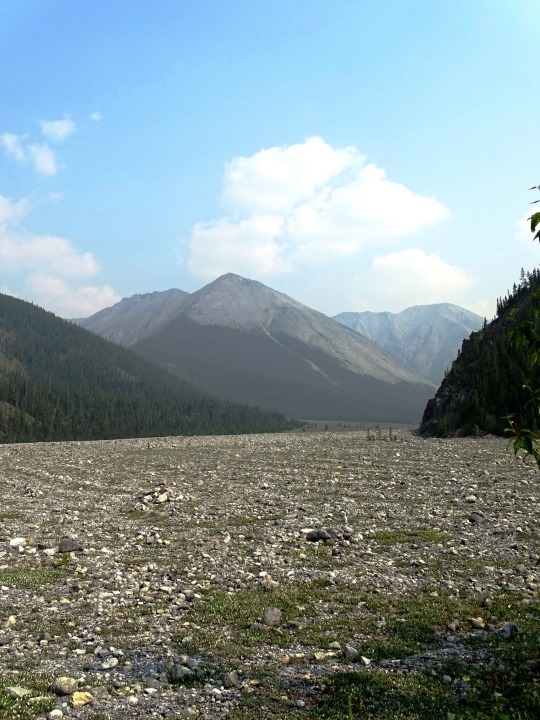



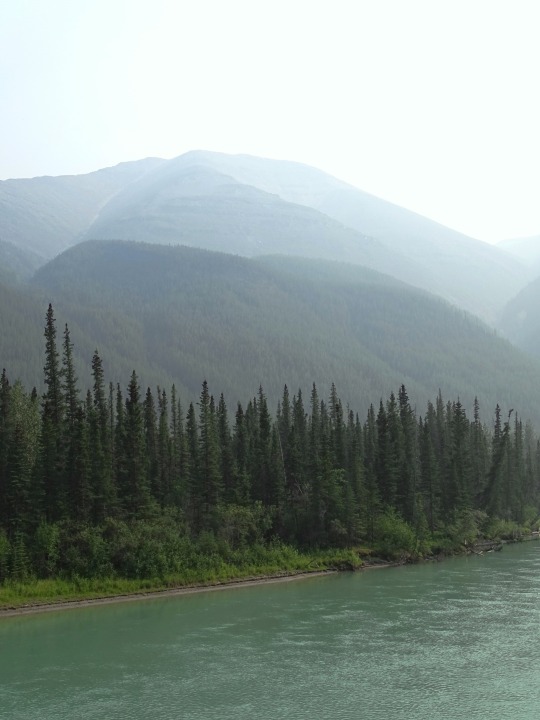



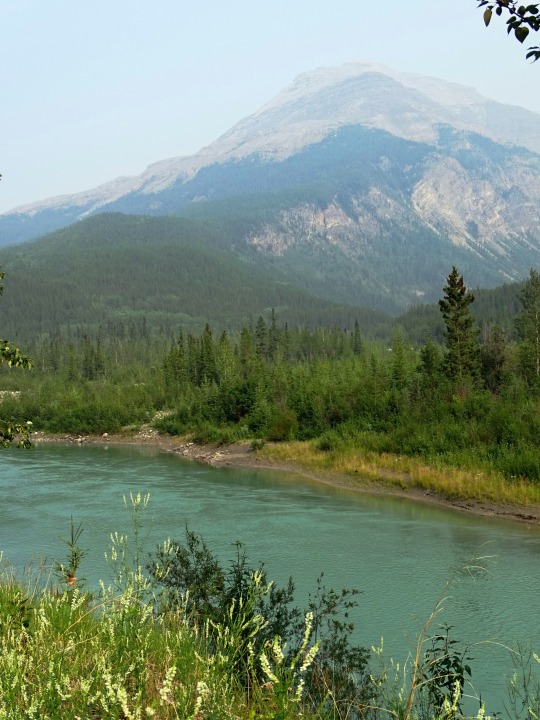

Along Toad River, BC (No. 1)
The Toad River is a river in the Canadian boreal forest, within the borders of the province of British Columbia.
The Toad River was named for the numerous large toads seen along its banks by fur traders of the early 19th century. John McLeod of the Hudson's Bay Company, who traveled up the river in 1831, wrote: "it derives its appellation from the number of Toads seen along its banks and some are of immense size; I have seen some which weighed upwards of a pound, and the Indians inform me there are some to be seen of a much larger size."
The traditional indigenous name for the river is Tsal-eh-chesi.
Source: Wikipedia
#Stone’s Sheep Trail#Toad River#BC#travel#original photography#vacation#tourist attraction#landmark#landscape#countryside#British Columbia#woods#forest#nature#flora#tree#wildfire smoke#summer 2023#Canada#boreal forest#Canadian Rockies#Rocky Mountains#Northern Rockies#Alaska Highway#rocks#insect
33 notes
·
View notes
Text
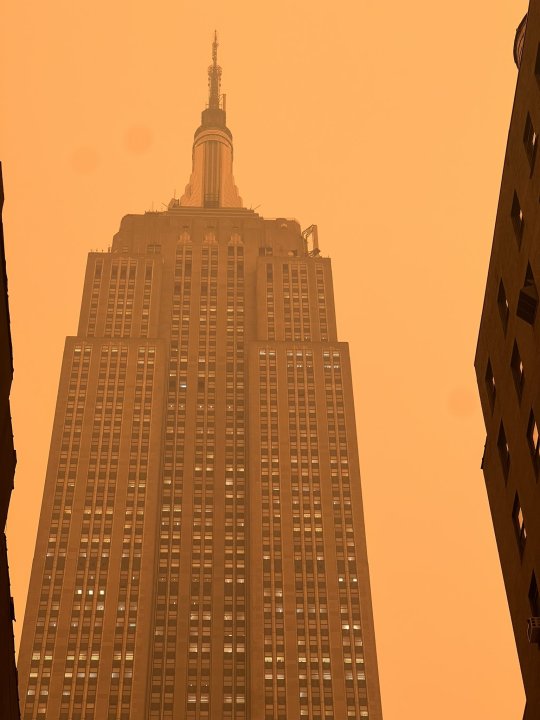

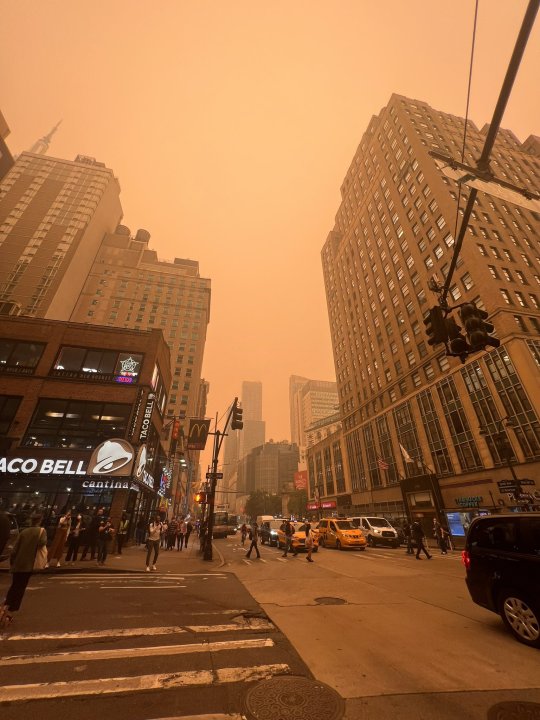
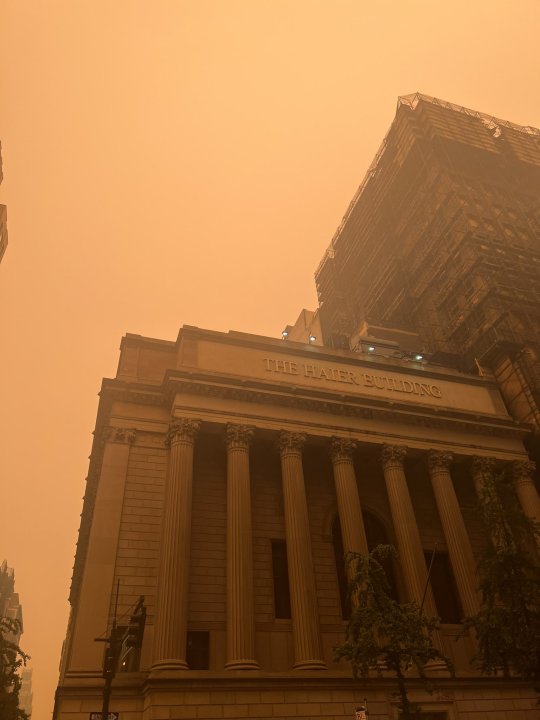

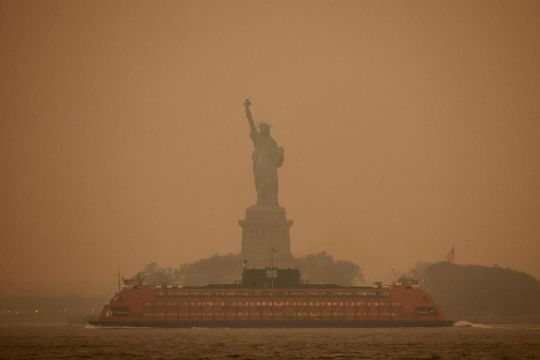
#new york#beautiful#nyc#NYCsmoke#new york city#manhattan#New York City Sky#CanadianWildfires#air quality#haze#canadian wildfires#air quality alert#june 2023#june 7th#June 7 2023#photography#La ciudad de Nueva York
161 notes
·
View notes
Text
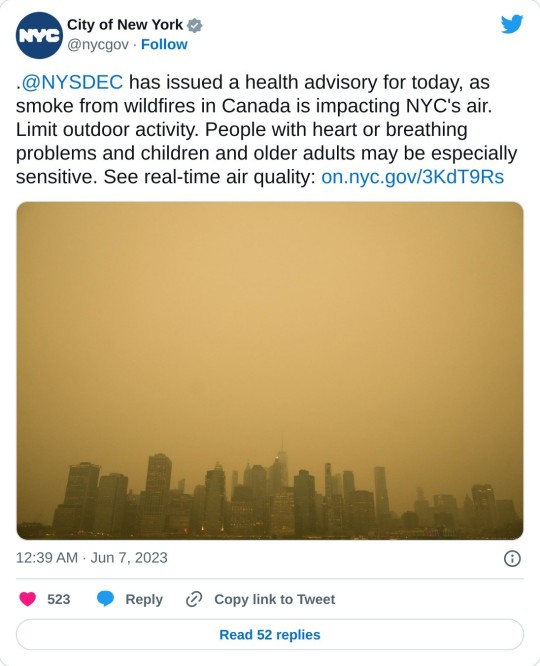
162 notes
·
View notes
Photo

Behbeh
#smoke#smokey#smokemageddon#apocalyptic#nyc#wild fires#canadian wildfires#blame canada#masks#scary#pollution#hazy#cloudy#2023#foggy#cartoon#teddy bear#illustration#natural disaster#dailybehbeh#behbeh#cute#stuffed animal#trending#art#funny
33 notes
·
View notes
Text
It feels a little apocalyptic out there, the sky is full of smoke and the normally blue sky is covered in a grey haze, the sun is bright red and the wind is still blowing
Definitely raining ash and pine needles, vehicles are being dusted by them and there’s still no sign of rain
#tumblr is my distraction#tumblr is a place I go to to temporarily focus on something else#Canada fires 2023#Alberta fires 2023#alberta fires#alberta wildfires#canadian wildfires
20 notes
·
View notes
Text

TBT to Smokeageddon. The cloud really does make the photo.
#photo of the day#nikon coolpix p1000#canadian wildfires#sun#sun spots#haze#sun photography#sunset photography#throw back thursday#nj isnt boring#spring 2023
15 notes
·
View notes
Text
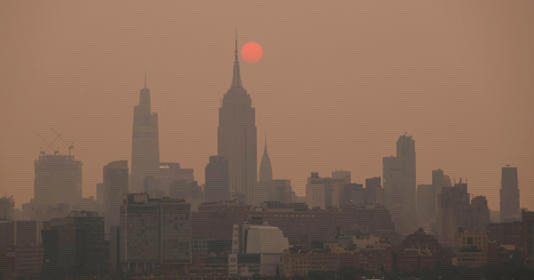
youtube
Good Morning Amerika - Simon Boswell and Iggy Pop - Hardware [Original Soundtrack]
As for the good news: there is no fucking good news! So let's rock, with one of our golden oldies...
#iggy pop#canadian wildfires#simon boswell#new york city#hardware#m.a.r.k. 13#orange glow#smokey haze#Youtube#compare and contrast#1990#2023#cyberpunk#queued
9 notes
·
View notes
Text

Canadian wildfire smoke update: I took this photo at midday.
8 notes
·
View notes
Text
Honest Government Ad | Visit Canada! 🇨🇦
youtube
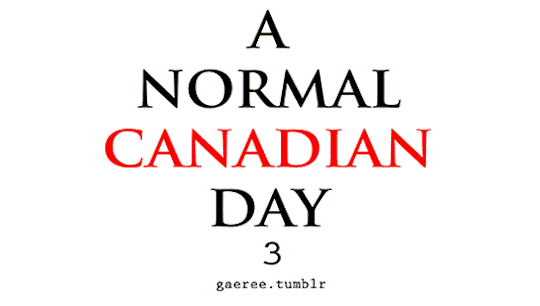
#honest government ads#visit canada#canada#canadian#canadian gp 2023#canadian wildfires#advertisement#advertising#social marketing#marketing#vintage ads#tumblr ads#google ads#ads#ad#class war#classwar#neoliberal capitalism#capitalism#anti capitalist#capitalist hell#capitalist dystopia#capitalist bullshit#eat the rich#eat the fucking rich#fuck neoliberals#fuck the police#fuck the supreme court#fuck the patriarchy#ausgov
2 notes
·
View notes
Text
The smoke that looks like fog encompassing my entire town was not on my 2023 bingo card
#Canadian wildfires#alberta wildfires#2023 bingo#this is genuinely like fairly scary cuz they don’t know when it’s going to let up#but whatevs ig I still have to go to school
3 notes
·
View notes
Text


I honestly wish this is something I could have gifted
Young dolph while he was here with us but I’m hoping I did him proud ❤️..
Long live DOLPH
#canadian wildfires#canadian art#canadian news#canadian gp 2023#canadian politics#canadá#unclefather
2 notes
·
View notes
Text



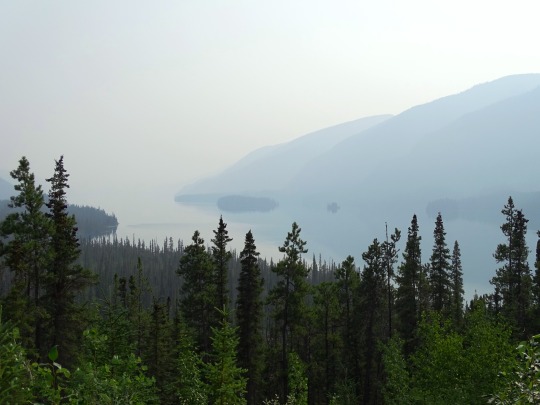
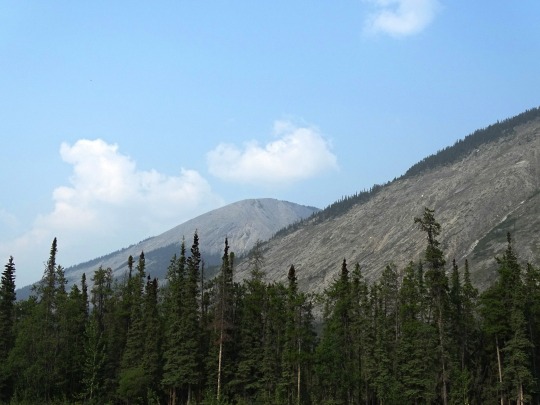

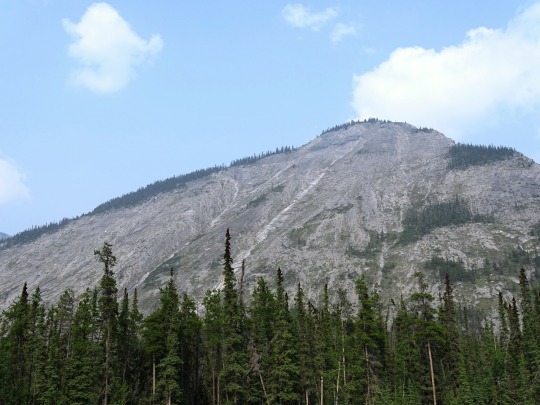
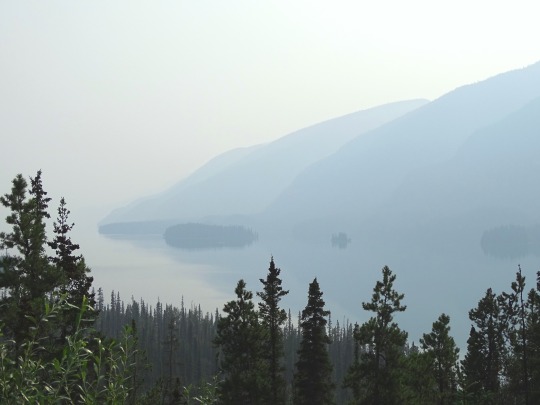
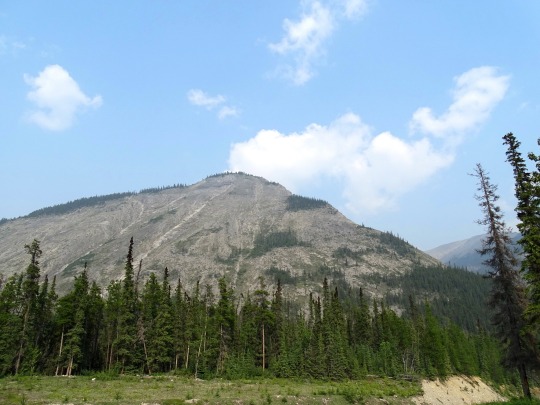
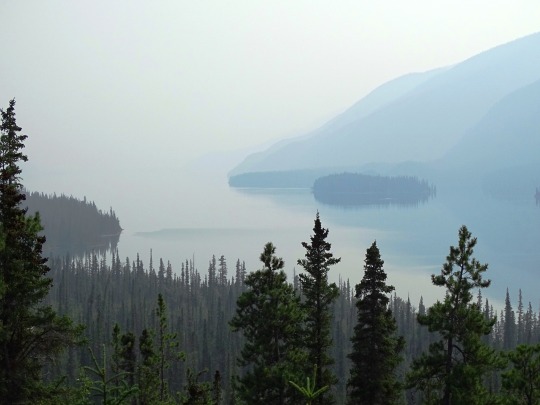
Muncho Lake, BC (No. 1)
Muncho Lake is a highway services community in northern British Columbia, Canada, located at Mile 462 on Highway 97, the Alaska Highway, within Muncho Lake Provincial Park and on the south end of the lake of the same name. The community consists almost entirely of travel and tourism-related businesses such as lodging, game outfitting, restaurants, gas stations and fishing outfitting.
Source: Wikipedia
#Muncho Lake#Muncho Lake Lookout#Sentinel Range#BC#travel#original photography#vacation#tourist attraction#landmark#landscape#countryside#British Columbia#woods#forest#nature#flora#tree#wildfire smoke#summer 2023#Canada#boreal forest#Canadian Rockies#Rocky Mountains#Northern Rockies#Alaska Highway#rocks
26 notes
·
View notes